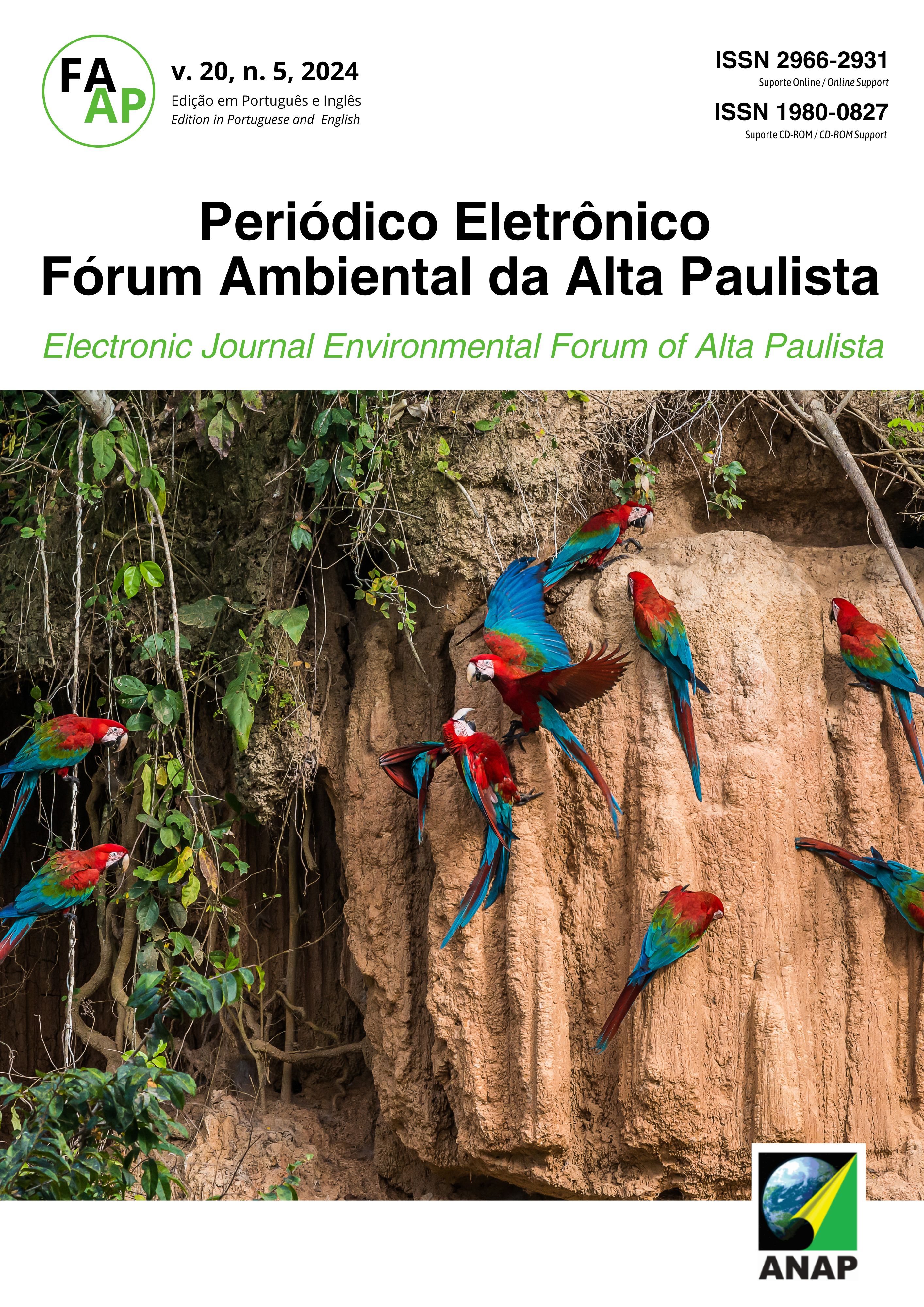Inclusive Cultural Heritage
Challenges and Opportunities for Accessibility
DOI:
https://doi.org/10.17271/1980082720520245339Keywords:
Cultural accessibility, Social inclusion, Heritage managementAbstract
Objective: This study aims to analyze the accessibility strategies implemented by the Regional Archaeology Museum (MAR), highlighting how these actions can enhance access to cultural heritage and serve as a model for other institutions. The study seeks to demonstrate the relevance of inclusive practices in promoting equity and valuing cultural diversity.
Methodology: The research adopts a qualitative approach with an exploratory and descriptive nature, using the deductive method. Data were collected through a literature review and document analysis, focusing on institutional materials, project reports, and academic publications related to the MAR's initiatives. The analysis was conducted based on interpretative approaches, considering the physical, social, and symbolic dimensions of cultural heritage.
Originality/relevance: This work addresses a significant theoretical gap by exploring how accessible practices can be integrated into cultural management. The topic is academically relevant for articulating accessibility, inclusion, and cultural heritage, offering a practical and innovative analysis through the MAR case study.
Results: The findings indicate that MAR's initiatives, such as tactile exhibitions, adapted workshops, and team training, significantly expanded access to cultural heritage and promoted the inclusion of historically marginalized groups. These actions demonstrate how accessibility can be effectively integrated into cultural management, strengthening the social impact of institutions.
Theoretical/methodological contributions: The study contributes by demonstrating the feasibility of accessible practices and their replicability in different contexts. Additionally, it emphasizes the importance of inclusion as a central axis in the management of cultural spaces, broadening the theoretical understanding of the relationship between accessibility and cultural heritage.
Social and environmental contributions: The actions analyzed at MAR promote social inclusion by democratizing access to culture, strengthening community ties, and valuing diversity. Additionally, they highlight the benefits of preserving cultural heritage as a sustainable and accessible resource for future generations.
Downloads
Downloads
Published
Issue
Section
License
Copyright (c) 2024 Electronic Journal "Fórum Ambiental da Alta Paulista"

This work is licensed under a Creative Commons Attribution 4.0 International License.












